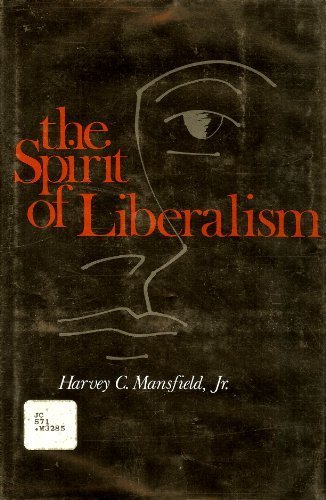Harvard University Press, 1978.
Excerpt:
IN THE election of 1972 the coalition of which the Democratic party is composed came unstuck as its voters divided into enthusiasts for McGovern or against Nixon and supporters of Wallace and Nixon. Perhaps it would be more accurate to say that the coalition dissolved further or that it parted temporarily, but my interest is not so much in the history of parties as in what this event reveals about the character of liberal democracy as a regime. It reveals that this regime is a mixture, usually made in a party coalition, of liberals and democrats.
The “liberals” are, of course, the McGovern enthusiasts in our example, but not only they, as we shall see. Such liberals might be called “opinion leaders” or identified by class or group, but I will define them as men of ambition who have enough demonstrable talent to think themselves capable of being outstanding in some way. Their ambition is usually moderate and varied, but it is real; and it is very important to them not to do merely what others do, to think what others think, or to be what others are; The “democrats,” the ordinary voters (including most McGovern voters), are otherwise. They want what passes for a competence; no less than what most people have but no more; and they want this with security, more for the sake of their dignity (their standard” of living) than for any level of comfort, and more against injustice than against loss.
Online:
Program on Constitutional Government [pdf]
Amazon

